Despite the advent of colonialism and having to endure constant discrimination by the dominant mestizo and criollo populations, Afro Ecuadorians have managed to maintain a distinct identity, deeply embedded with their African culture and traditions for nearly four and a half centuries. Unlike the Garifuna who strongly associates with and maintains a rather equal identification with both their African and Carib/indigenous ancestry, Afro Ecuadorians are descendants of Black slaves who overpowered and intermarried with the local indigenous population. Nokho, due to deeply-rooted racism, they have been unable to integrate with the larger Ecuadorian society and as a result, have chosen to create and maintain a strong association with their Black/African ancestry.
The history of Afro Ecuadorians has been one of defined by resilience. The slave boat carrying their forefathers shipwrecked off the coast of the Esmeraldas in 1553 and they were able to create a distinct identity for themselves by preserving aspects of their African roots and culture by successfully fending off the constant onslaught of Spanish colonizers. They were also able to create what is known as the “Zambo Republic”, which became the preferred destination for escaped slaves throughout the region.
Today, Afro Ecuadorians predominantly occupying the coastal Esmeraldas and Valle del Chota regions and they have used music, in the form of the marimba dance, to create a distinct identity within the larger Ecuadorian society and to preserve their African roots and culture. The marimba is a musical instrument, which consists of wooden bars and metal mallets. It closely resembles the xylophone and was derived from the West African balafon. Music among Afro Ecuadorians corresponds with the currulao, or marimba dance. This too has strong roots in the Bantu and Mande heritages in West Africa.
For many Afro Ecuadorians, marimba dances served as the ultimate expression of freedom. To some extent they operated as an autonomous state since they were able to fend off the Spanish colonizers. Nokho, due to the encroachment of the dominant mestizo on the Esmeraldas due to the regions bountiful mineral wealth, restriction were placed on Afro Ecuadorians and for a large portion of the 20th century, marimba dances were regulated and were prohibited unless one possessed a permit. While this greatly affected the prevalence of marimba music and by default Afro Ecuadorian’s African roots and culture, in the early to mid 20th century, Afro-Ecuadorians would once again display their resilient spirit by resurrecting their beloved musical dances and traditions.
In the 1970s, the elder Afro Ecuadorians embarked on a mission to revive their African heritage and tradition by creating folklore schools and dance troops to teach and perform marimba music and dance. This not only helped to foster strong relationships between the younger and older generations but it also enable the younger generations to develop a strong understanding of their roots and culture. Today, marimba music and dance is used in combination with theatre to tell the story of the strong resilient history Afro Ecuadorians possess and also to help foster a sense of pride. Afro Ecuadorians have also used marimba as a means of communication with the African Diaspora. Their performances incorporate themes relatable to all Africans throughout the Diaspora, such as slavery, resistance and resilience. Marimba groups have also been able to partake in major national and international music festivals, where they have been able to display their rich cultural traditions to the rest of the world.
Marimba has become such an important part of Afro Ecuadorian life and life in the Esmeraldas in general, that major cities are plastered with large murals depicting marimba players being accompanied by dancers with the statements “Cultural identity is Part of a Positive Personality” and “Folklore is the Identity of a Cultivated People” in bold. Despite having the ability to proudly represent and display their culture and identity through marimba dance and music, Afro Ecuadorians still struggle to overcome deeply rooted racism and as a result are marginalized by the dominant mestizo and criollo societies. Many live in poverty and are subjected to discrimination, thereby making it difficult for them to integrate with their mestiza and criollo counterparts. Despite these setbacks, Afro Ecuadorians are a strong resilient people. Their resilience continues to be manifested through the growing influence of marimba on the nation and their participation in the Ecuadorian National Football League.
Eshukunyiswe nefilosofi Bob Marley sika "Akekho kodwa ngokwethu can khulula ingqondo yethu ', Orijin kuyinto eliyingqayizivele 'Culture Brand "oxhumanisa yonke inzalo African ndawonye ngokusebenzisa kungcono Fashion brand and thought provoking magazine to influence our lifestyles world wide….Don’t just WEAR Culture, Yabelana Culture
Posts Latest by Nekita (bheka konke)
- Ngaphambi Rihanna kwakukhona Grace Jones - December 27, 2014
- Marimba: Expression of Freedom, kodwa my Afro-Ecuadorians… - December 25, 2014
- Ngubani Eyenza Claim Zokuba the Capital Reggae of the World? - December 24, 2014


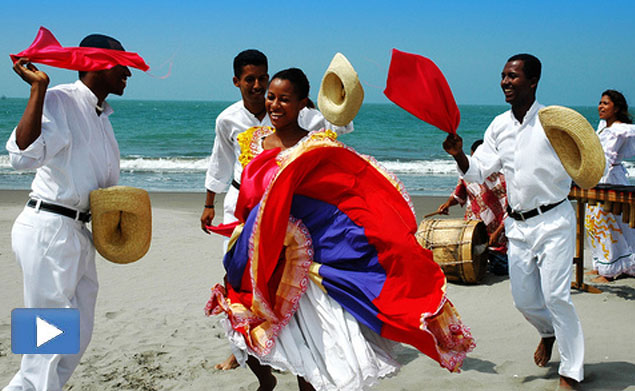
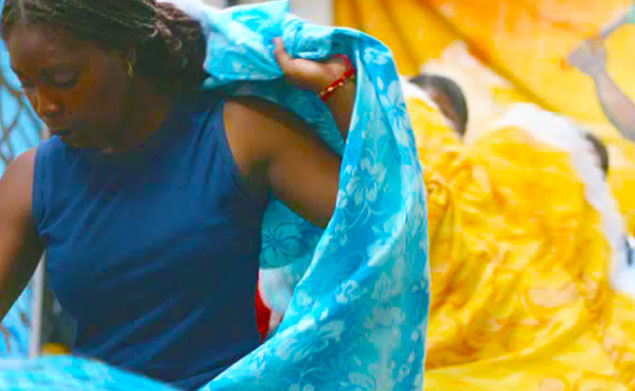
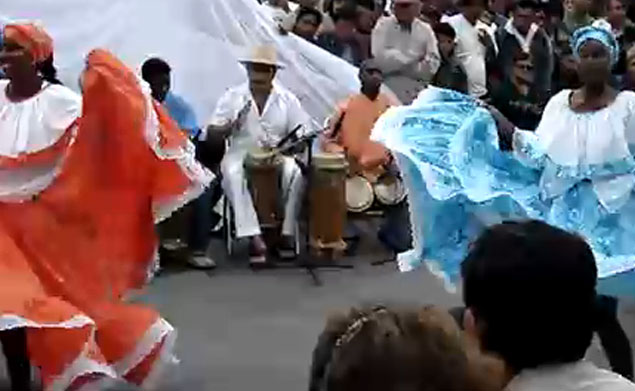
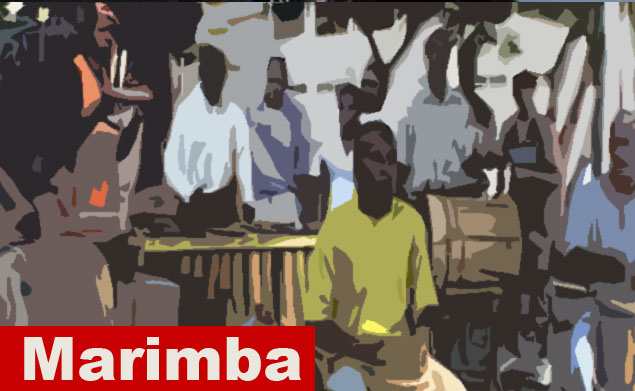
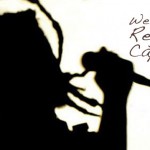
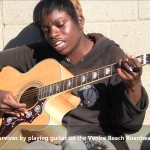
Pingback: Izizukulwane zase-Afrika e-Ecuador (afro-ecuadorians) : UKUVEZA IQINISO ELIMNYAMA